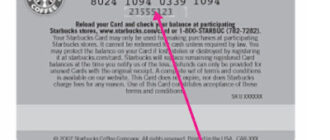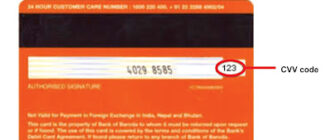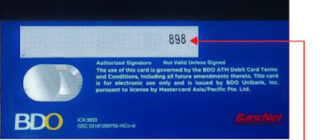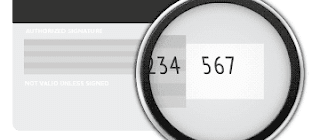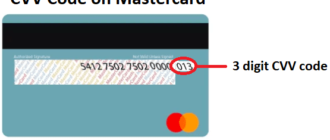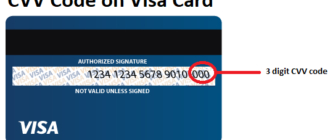Introduction
In the modern world of online payments and banking operations, data security plays a key role. One of the important elements of protection is the CVC (Card Verification Code) – a code that is used to confirm the authenticity of the card. However, despite all the precautions, sometimes errors occur that can lead to unpleasant consequences.
Main part
Case 1: Incorrect combination
Ivan, an ordinary user of an online store, decided to buy a new smartphone. After entering all the necessary data, including the card number and its expiration date, the system asked for the CVC code. Ivan, without thinking, entered the code that was indicated on his card, but made a mistake in one digit. As a result, the payment did not go through, and Ivan was left without a new gadget.
Case 2: Fraudulent schemes
Maria received an SMS with a confirmation code from the bank. She was sure that it was a normal message and entered the code in the response message. However, as it turned out later, it was a fraudulent scheme. The attackers gained access to her account and withdrew all the money.
Case 3: Technical errors
Peter, in a hurry, entered the CVC code on the website of an online store. However, due to a technical error, the site did not recognize his entry and asked him to try again. Petr, not suspecting a trick, entered the code again, but made a mistake again. As a result, the payment did not go through, and Petr lost time and nerves.
Conclusion
Errors when entering the CVC code can lead to serious consequences, including loss of money and time. To avoid such situations, it is important to be careful and cautious when entering personal data. It is also recommended to use antivirus software and regularly update passwords.
These real cases show how important it is to be vigilant and attentive when making online payments.

